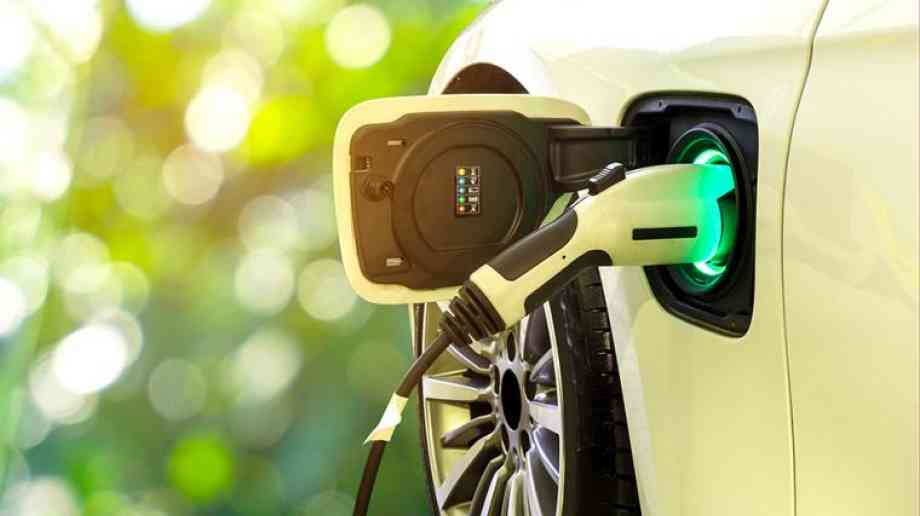Sue Robb of 4Children talks to Julie Laughton and Alison Britton from the Department for Education about the role of childminders in delivering the 30 hours free entitlement.
Charging an EV should be convenient and inexpensive

The Commons Transport Committee has said that a clear policy framework is essential to ensure that industry can deliver the vehicles and charging infrastructure required to deliver the government’s ambition.
MPs say that questions unfortunately remain on whether the government’s current plans are enough to deliver the public charging infrastructure needed across all regions of the UK and whether it will benefit everyone.
The committee’s report says that accessible and reliable charging infrastructure must be available by 2030 but drivers who live in rural or remote areas or who don’t have off-street parking risk being left behind. MPs argue that, unless charging habits change, or the National Grid is strengthened, concerns exist that the charging needs from millions of new electric vehicles will cause blackouts to parts of the country.
The committee welcomes the government’s commitment to regulate interoperability between charge points and pricing transparency for public charge points later this year. However, mandating industry to use pricing to move consumer behaviour towards a ‘little and often’ refuelling habit will also help.
The Transport Committee also says that the government must also introduce a zero emission vehicle mandate as a matter of priority if it is to hit its target of 100 per cent new zero emission vehicles (ZEVs) by 2035. A ZEV mandate would incentivise car manufacturers to steadily increase sales of zero emission vehicles towards the 2030 target for all new vehicles to have ‘significant zero emission capability’. This would bring ZEV vehicles within reach of more consumers encouraged by cost-effective ways to support purchases compared to taxpayer-funded incentives. A stronger marketplace generated by an increased vehicle supply from global manufacturers to the UK market would also bring down costs.
Huw Merriman, chair of the committee, said: “As car usage returns to pre-pandemic levels, we must keep our sights locked on the target: all new cars and vans should be electric by 2035 at the latest. To help consumers see their route to a zero emission world, choosing to run an electric vehicle must be as seamless as possible. Today we offer a set of recommendations to help government hit the accelerator on its ambition.
“Putting guarantees in place on infrastructure is crucial but one report after another flags concerns to government about the provision of electric car charging infrastructure. Let ours be the last: it’s time that ministers set out the route map to delivering a network of services for everyone across the UK.
“The government's inclusion of a ZEV mandate in a recent consultation is welcome but not enough on its own. Charging electric vehicles should be convenient, straightforward and inexpensive and drivers must not be disadvantaged by where they live or how they charge their vehicles. Shifting the subsidy from the taxpayer to the manufacturer will incentivise those who deliver the fewest electric vehicles in our showrooms to up their game.
“Unless the National Grid gains more capacity, consumer behaviour will have to alter so that charging takes place when supply can meet the additional demand. The alternative will be blackouts in parts of the country. We also cannot have a repeat of the broadband and mobile ‘not spot’ lottery which would mean those in remote parts cannot join the electric vehicle revolution.”
Company Focus
Just Lanyards is a subsidiary name of Gifts 2 Impress Limited, who have been trading for over 25 years, we therefore pride ourselves in having endless experience covering all aspects of the promotional merchandise industry.
Event Diary
UKREiiF has quickly become a must-attend in the industry calendar for Government departments and local authorities.
The multi-award-winning UK Construction Week (UKCW), is the UK’s biggest trade event for the built environment that connects the whole supply chain to be the catalyst for growth and positive change in the industry.
Supplier Profiles
Geo Energy
At GeoEnergy Design, we're on a mission to disrupt the traditional way heating and cooling ha
Latest Features
Professor Harith Alani, director of the Knowledge Management Institute at the Open University explains how AI can be used for good and bad.
Alex Lawrence, head of health & social care, techUK sets out techUK’s Five Point Plan for CareTech.

















